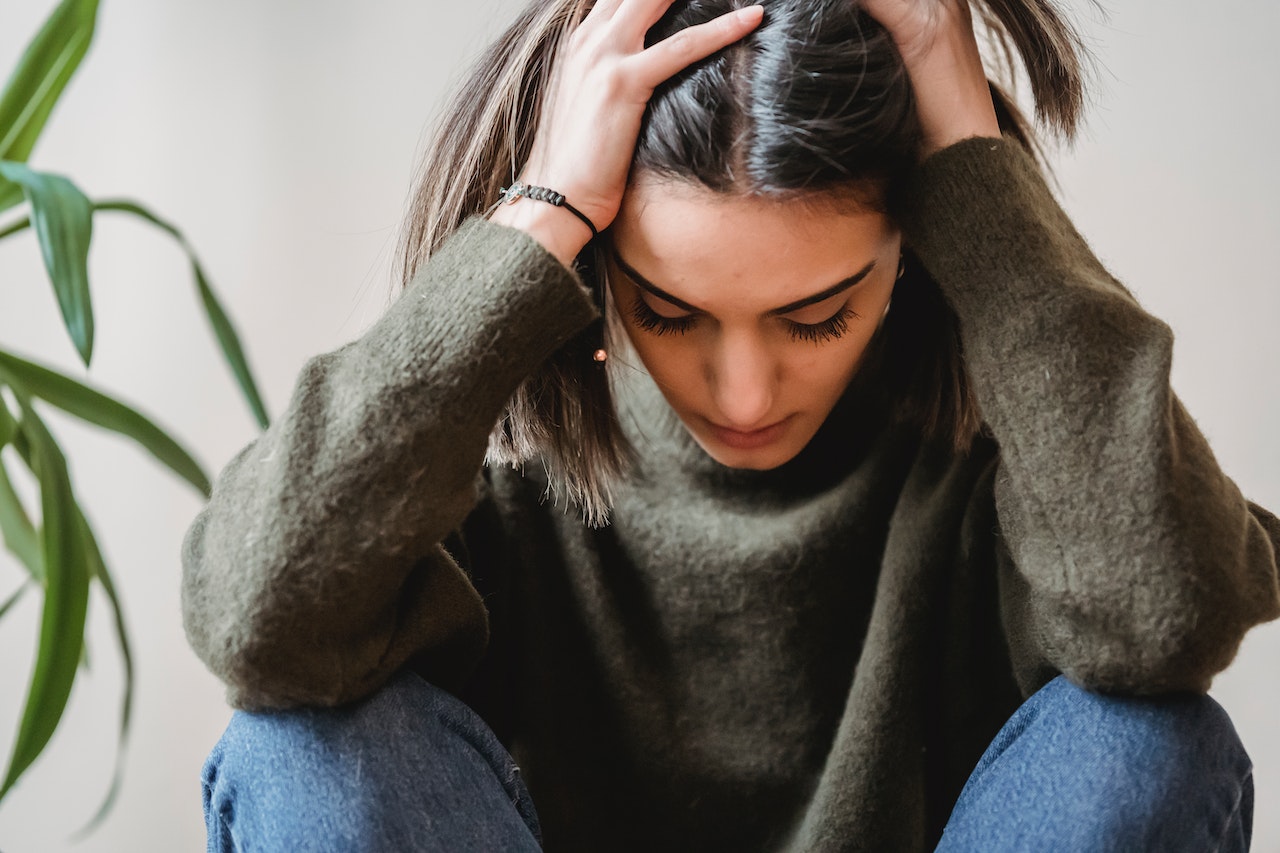Latest News -
The effects of CBD treatments for anxiety in young people.

Orygen, The National Centre for Excellence in Youth Mental Health and Lambert Initiative for Cannabinoid Therapeutics teamed up to study the effects of CBD in Australian young people, particularly on the treatment-resistant anxiety. CBD, or cannabidiol is a non-intoxicating active ingredient from cannabis.
The pilot study involved 31 participants aged 12–25, that had no significant improvement in anxiety severity following at least five cognitive behavioural therapy (CBT) sessions. Some of the anxiety disorders included social anxiety disorder, panic disorder, separation anxiety disorder, specific phobia, agoraphobia, generalized anxiety disorder.
The starting dose was one 200mg capsule of cannabidiol per day, which was increased to 400mg after one week. Those who did not show significant improvement in anxiety symptoms had their dosage increased by 200mg daily increments, up to 800mg per day. All participants were offered biweekly CBT for 12 weeks (five sessions).
The most common side-effects reported were mild sedation and mild fatigue, but that was at the time when doses were increased and usually went away after a couple of days.
After 12 weeks of treatment with CBD, there was a 42.6 per cent reduction in youth anxiety severity and impairment.
Why is this information important?
Affecting 15% of youth, anxiety disorders are among the most common psychiatric conditions in adolescents. These disorders are associated, amongst others, with significant risk of suicide attempts and predict a range of psychiatric conditions later in life.
Current treatments for anxiety disorders in this age group include cognitive-behaviour therapy and/or medication. However, only 50% of young patients with anxiety disorders show satisfactory improvements with these treatments.
Anxiety is the second most common reason why medicinal cannabis is prescribed, right behind chronic pain (Australia). In New Zealand, Rychert et al’ survey found that 45% of participants were using illicit cannabis to treat anxiety. Of those, 79% of them had a formal diagnosis.
CBD has the potential to become another tool for clinicians to treat anxiety, provided data from large randomised clinical trials are in line with patient’s reports of effectiveness.
In New Zealand, medicinal cannabis is an unregistered prescription medicine.
For more information, access the trial information here.